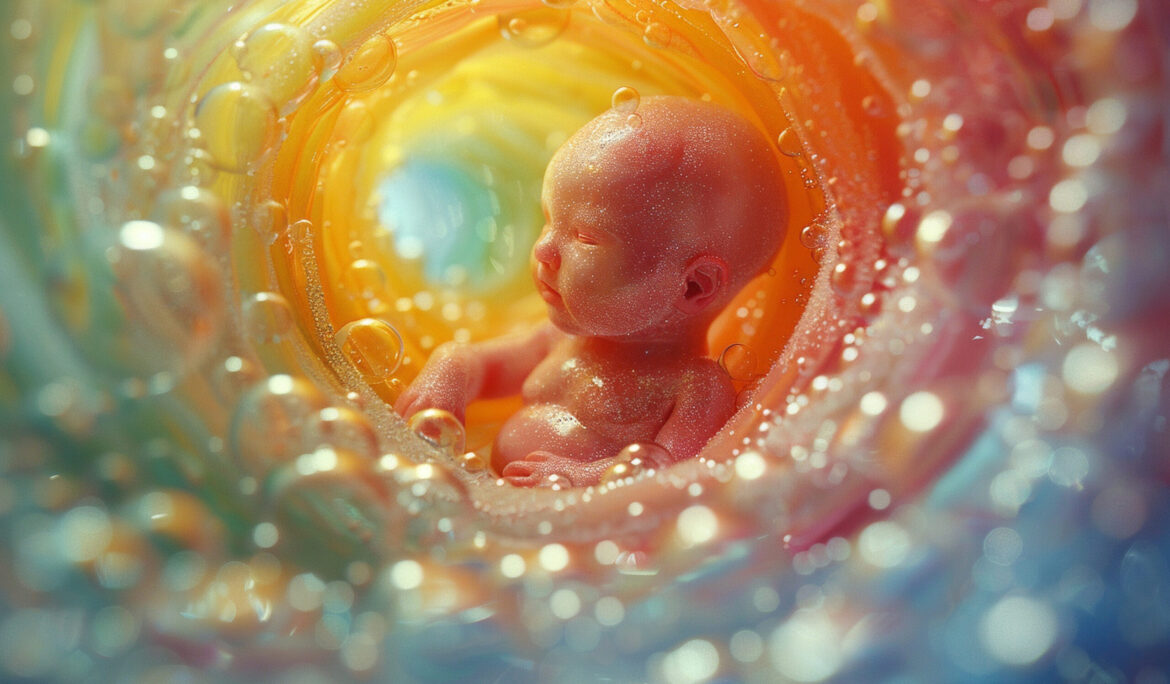What Are the Benefits and Success Rates of Fertility Preservation?


Fertility preservation is an essential consideration for individuals and couples looking to secure their reproductive future. With advancements in reproductive medicine, various fertility preservation options, such as egg, sperm, and embryo freezing, have become increasingly accessible and effective. This comprehensive guide explores the benefits, success rates, and timing considerations for fertility preservation.
| Preservation Method | Benefits | Success Rates | When to Consider |
|---|---|---|---|
| Egg Freezing | Preserves higher-quality eggs at a younger age | 90% survival post-thaw; 70-80% fertilization rate | Under 35, before medical treatments, delaying childbearing |
| Sperm Freezing | Long-term viability; comparable fertilization rates to fresh sperm | High pregnancy success rates using frozen sperm | Under 40, before medical treatments, not in a relationship |
| Embryo Freezing | Multiple attempts at pregnancy; high survival rates post-thaw | 40-50% clinical pregnancy rate per transfer | Couples planning for future family, before medical treatments |
What is Fertility Preservation?
Fertility preservation involves storing eggs, sperm, or embryos for future use. This process can help individuals who are not ready to conceive now but may want to start a family later. It is also a valuable option for those undergoing medical treatments or facing conditions that could impair fertility.
Types of Fertility Preservation
- Egg Freezing (Oocyte Cryopreservation)
- Sperm Freezing (Semen Cryopreservation)
- Embryo Freezing (Embryo Cryopreservation)
Benefits of Fertility Preservation
1. Medical Reasons
- Cancer Treatments: Chemotherapy, radiation, and surgeries can adversely affect fertility. Preserving eggs, sperm, or embryos before treatment can provide future family-building options.
- Chronic Conditions: Conditions like endometriosis or autoimmune diseases may impair fertility over time. Preservation offers a safety net for future family planning.
2. Personal and Social Reasons
- Delayed Childbearing: Many individuals and couples choose to delay childbearing due to career goals, financial stability, or personal readiness. Preservation allows them to conceive later without compromising fertility potential.
- Relationship Status: Individuals who are not in a relationship but wish to have children in the future can benefit from egg or sperm freezing.
3. Enhancing Success Rates
- Egg Quality: Egg quality declines with age. Freezing eggs at a younger age preserves higher-quality eggs, increasing the chances of successful conception later.
- Multiple Attempts: Fertility preservation can provide multiple attempts at pregnancy, especially with embryo freezing, where multiple embryos can be created and stored.
Success Rates of Fertility Preservation
1. Egg Freezing
- Age Factor: Success rates are higher when eggs are frozen at a younger age. Women under 35 tend to have better outcomes.
- Thawing and Fertilization: Approximately 90% of frozen eggs survive thawing, and 70-80% of these can be successfully fertilized.
2. Sperm Freezing
- Longevity: Sperm can be frozen indefinitely without significant loss of viability. Frozen sperm have comparable fertilization rates to fresh sperm.
- Success Rates: The success rate for pregnancies using frozen sperm is high, with similar outcomes to those using fresh sperm.
3. Embryo Freezing
- Viability: Embryos can be frozen at different stages, with blastocyst stage (5-7 days after fertilization) showing high survival rates post-thaw.
- Success Rates: The success rate for pregnancies using frozen embryos is similar to that of fresh embryos, with clinical pregnancy rates around 40-50% per transfer.
When Should Someone Consider Fertility Preservation?
1. Before Medical Treatments
- Individuals diagnosed with cancer or other conditions requiring treatments that may affect fertility should consider preservation before starting their medical regimen.
2. At a Younger Age
- Women under 35 and men under 40 should consider preservation to ensure higher quality eggs and sperm. The younger the age, the better the outcomes.
3. Prior to Major Life Changes
- Those planning major life changes, such as starting a demanding career or extensive travel, might opt for preservation to ensure future fertility.
4. Relationship and Family Planning
- Individuals not currently in a relationship or those who wish to delay having children until later in life should consider preservation.
Conclusion
Fertility preservation offers a proactive approach to safeguarding reproductive potential for future use. Whether due to medical treatments, personal choice, or delaying childbearing, options like egg, sperm, and embryo freezing provide flexibility and security. Understanding the benefits, success rates, and optimal timing for fertility preservation can help individuals make informed decisions about their reproductive health. Consulting with a fertility specialist can provide personalized guidance and support on the best preservation strategy tailored to individual needs.
For more information please do not hesitate to contact us.



